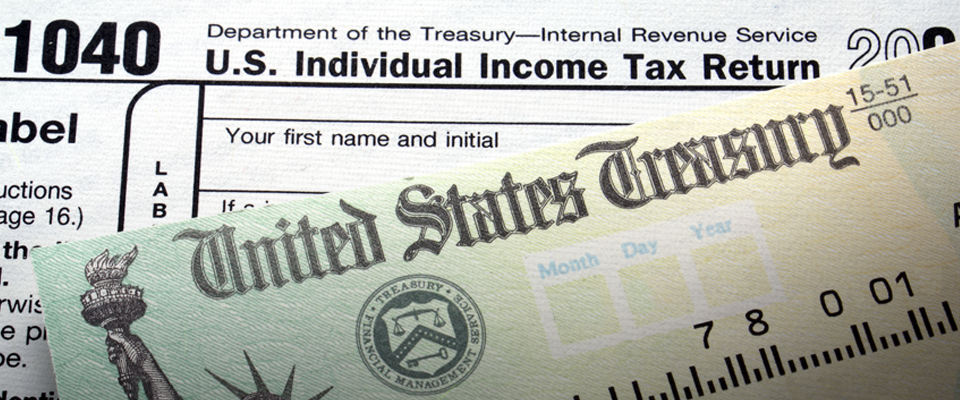Upon retirement, the IRS allows credentialed ministers of all established church denominations to declare a housing allowance on distributions from their 403(b) retirement accounts. That means the portion of your distributions used for housing expenses is excludable from gross income for income tax purposes. This can save you significant money during retirement.
For an update on the housing allowance ruling click here.
Wondering if you qualify for the retirement allowance? Answer these questions:
- Did/do you hold ministerial credentials, either with the Assemblies of God or another church fellowship/denomination?
- Did you receive compensation for ministerial duties?
- Do you have a 403(b) retirement account with AGFinancial or another church fellowship/denomination?
- Have you made contributions out of your ministerial earnings into your 403(b)?
- Are you currently retired, as defined by the IRS?* (See note below.)
If you answered “yes” to ALL FIVE questions, you may qualify to receive a retired minister’s housing allowance from the IRS. This benefit becomes available when two conditions are met. First, you must be eligible to receive distributions from your 403(b). This usually happens no earlier than age 59½, except under certain conditions specified by the IRS and your plan. Second, as noted in question five above, you must be retired.
With some denominations’ retirement plans, a minister must first ask to have a percentage of their distributions declared as housing, prior to being able to receive the tax break. However, AGFinancial automatically designates 100% of a minister’s MBA 403(b) distributions as housing. It is then up to the minister to determine and report the actual amount of their housing expenses each year on their Form 1040.
The following expenses qualify:
- Down payment on a home
- Rent and mortgage payments (principle and interest)
- Real estate taxes
- Property insurance
- Utilities (electricity, gas, water, sewer, trash, local telephone charges, Internet)
- Furnishings and appliance purchases and repairs
- Structural repairs and improvements
- Yard maintenance and improvements
- Home equity loan payments used for housing expenses
- Maintenance items (household cleaners, light bulbs, pest control)
- Home association dues
Expenses that do NOT qualify include the following:
- Cleaning services
- Food
- Domestic help
- A second home, vacation home, business property, or farm
- Home equity loan payments used for anything other than housing expenses
To figure out your specific housing expenses when filing your annual tax return, download the free Ministers Housing Expenses Worksheet. It’s a great way to make sure you get the most out of your housing allowance each year.
It’s important to know the IRS does place some limits on how much can be designated as clergy housing allowance. For that reason, we recommend you consult your tax professional or financial advisor as you fill out the Ministers Housing Expenses Worksheet. They will help you determine exactly what you can report as housing allowance expenses on your Form 1040.
Watch the brief video for more insight into this significant tax break for ministers.
For more information about retirement planning with AGFinancial, click here. Or call 866.621.1787 to speak to a Client Services representative.
*How do I know if the IRS considers me retired?
What constitutes “retirement” for purposes of these rules about SECA tax and the housing allowance depends on an individual’s particular facts and circumstances. Ministers with questions about whether they are “retired” for this purpose should consult their tax advisors. Ultimately, the minister must make this decision. Many facts and circumstances may be relevant in determining whether retirement has occurred. For example, if a minister is receiving retirement benefits from a plan and is making contributions to the same plan, the IRS may not consider that minister retired for purposes of the housing allowance and the favorable SECA tax treatment. Similarly, the IRS may view ministers as not retired if they have not had a meaningful break in service or change in work duties. Additionally, the IRS may not view you as retired if you are age 72 or older and have filed the paperwork to delay a required minimum distribution from your retirement account. Ministers and their tax advisors should work together to address the relevant facts and circumstances of each individual case.
This information is not legal, financial, or tax advice. Information is from sources deemed reliable. Information is subject to error, omission, withdrawal, or change. Contact your own legal, financial, or tax advisor before taking any action.


